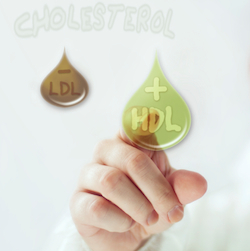Glutathione: Physiological and Clinical Relevance
As the risk of exposure to persistent organic pollutants (POPs) grows, research is looking at the role of glutathione and modulating disease risk. Joe Pizzorno ND and Joseph Katizinger ND review glutathione (GSH) and how altered GSH status has been implicated in a number of chronic, acute, and age-related diseases, as well as the aging process itself. In this review, the authors briefly describe glutathione physiology and the clinical implications of altered GSH homeostasis, as well as research on the use of various forms of glutathione as a therapeutic strategy. By Joe Pizzorno ND and Joseph Katzinger, ND, published in J of Restorative Medicine, Vol. 1, No. 1





